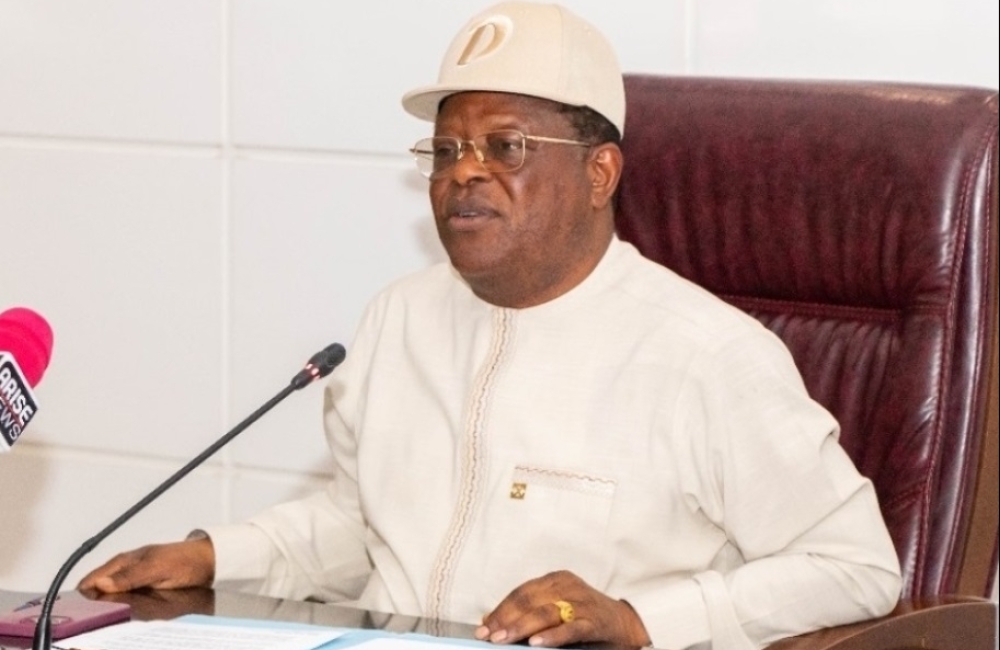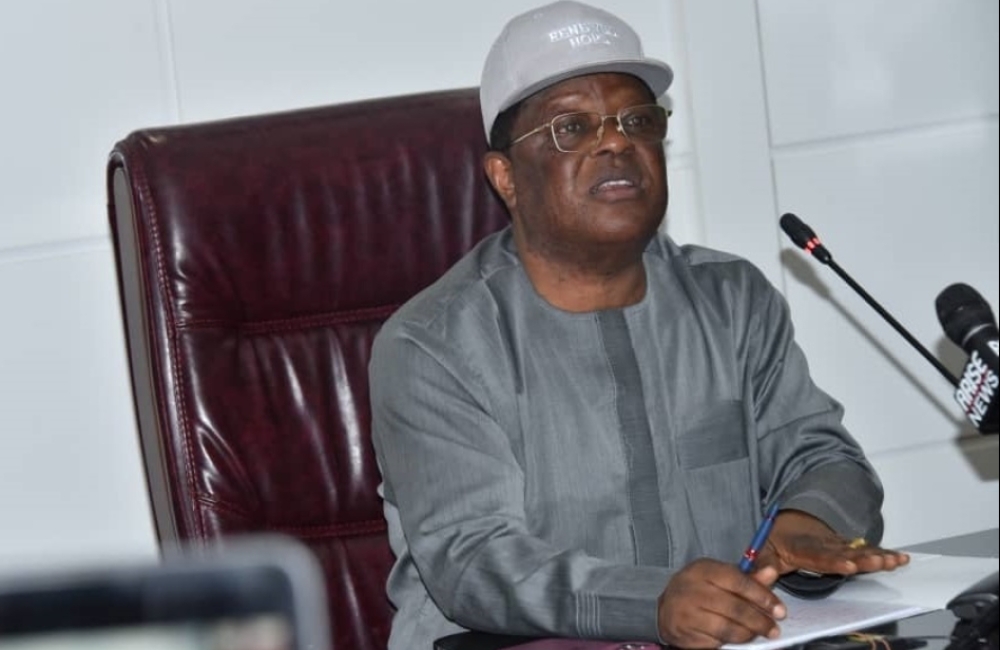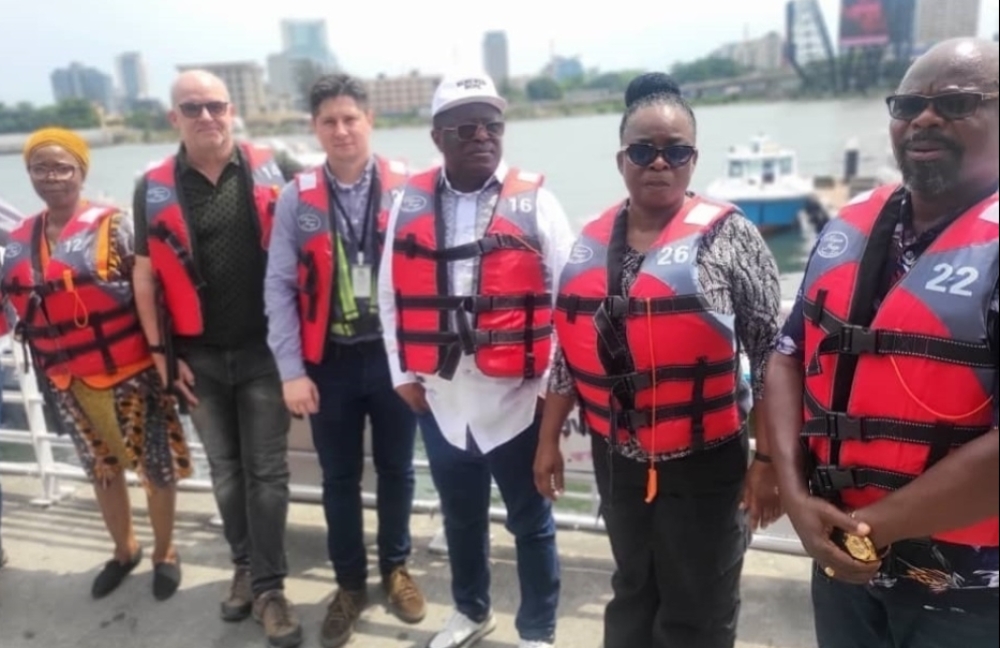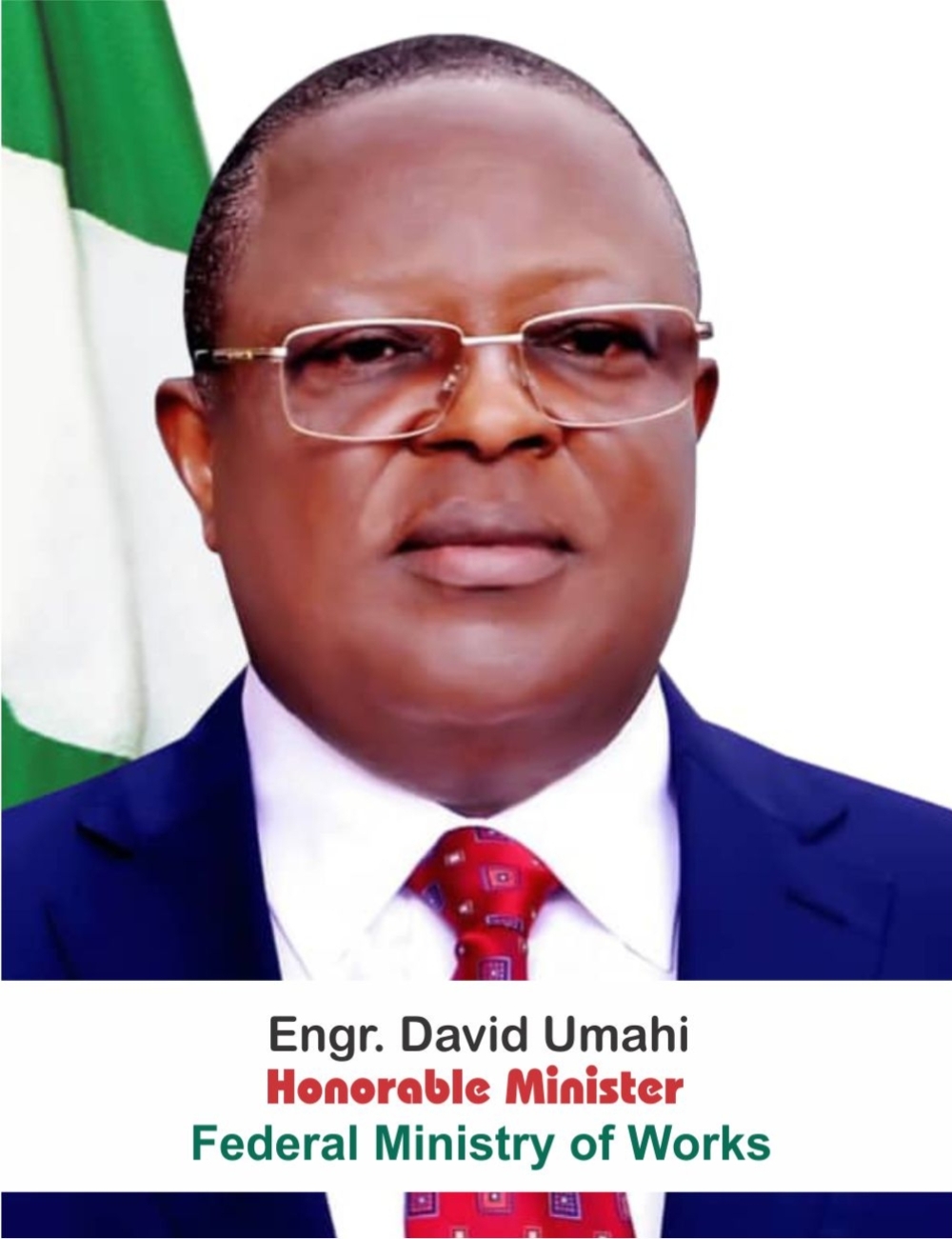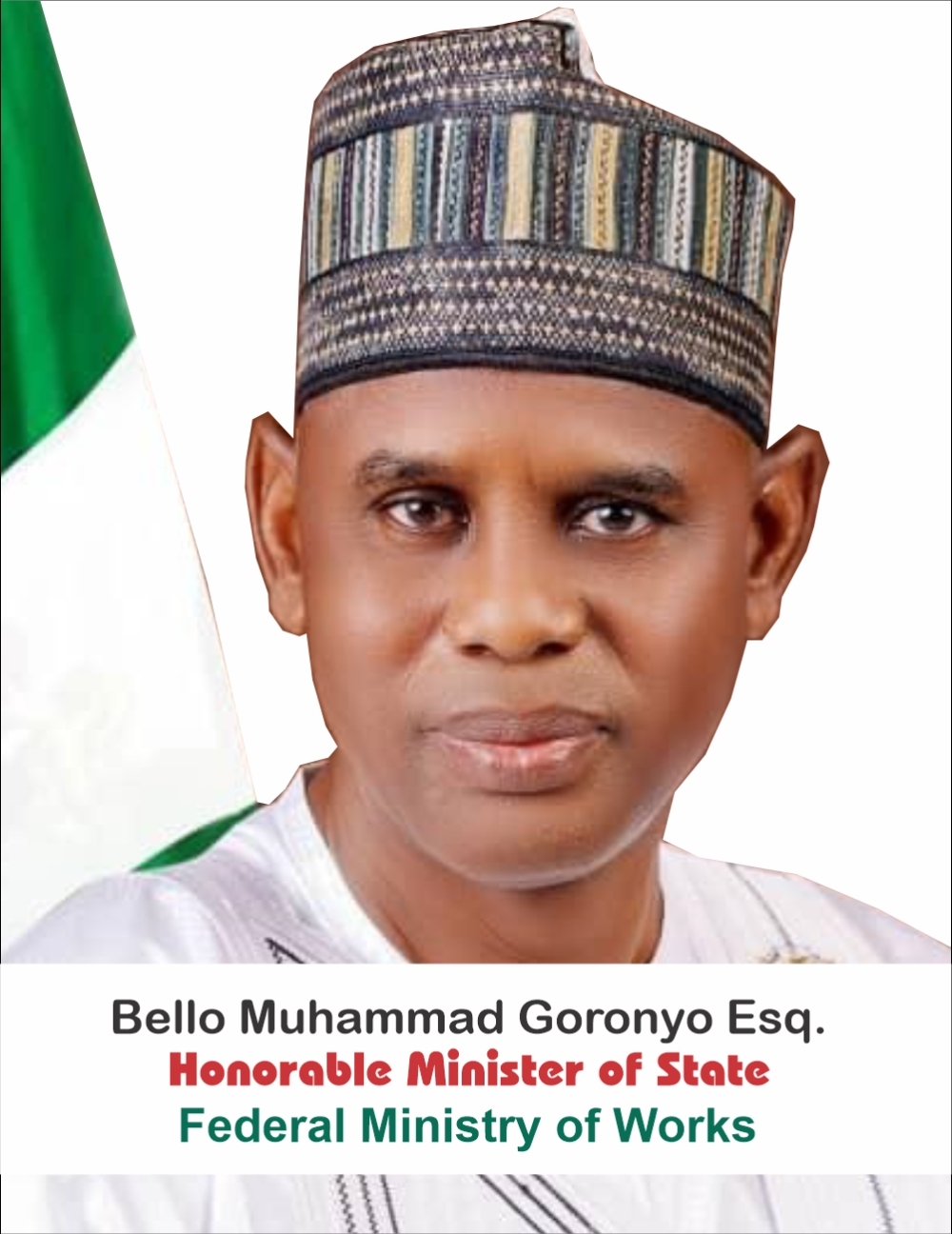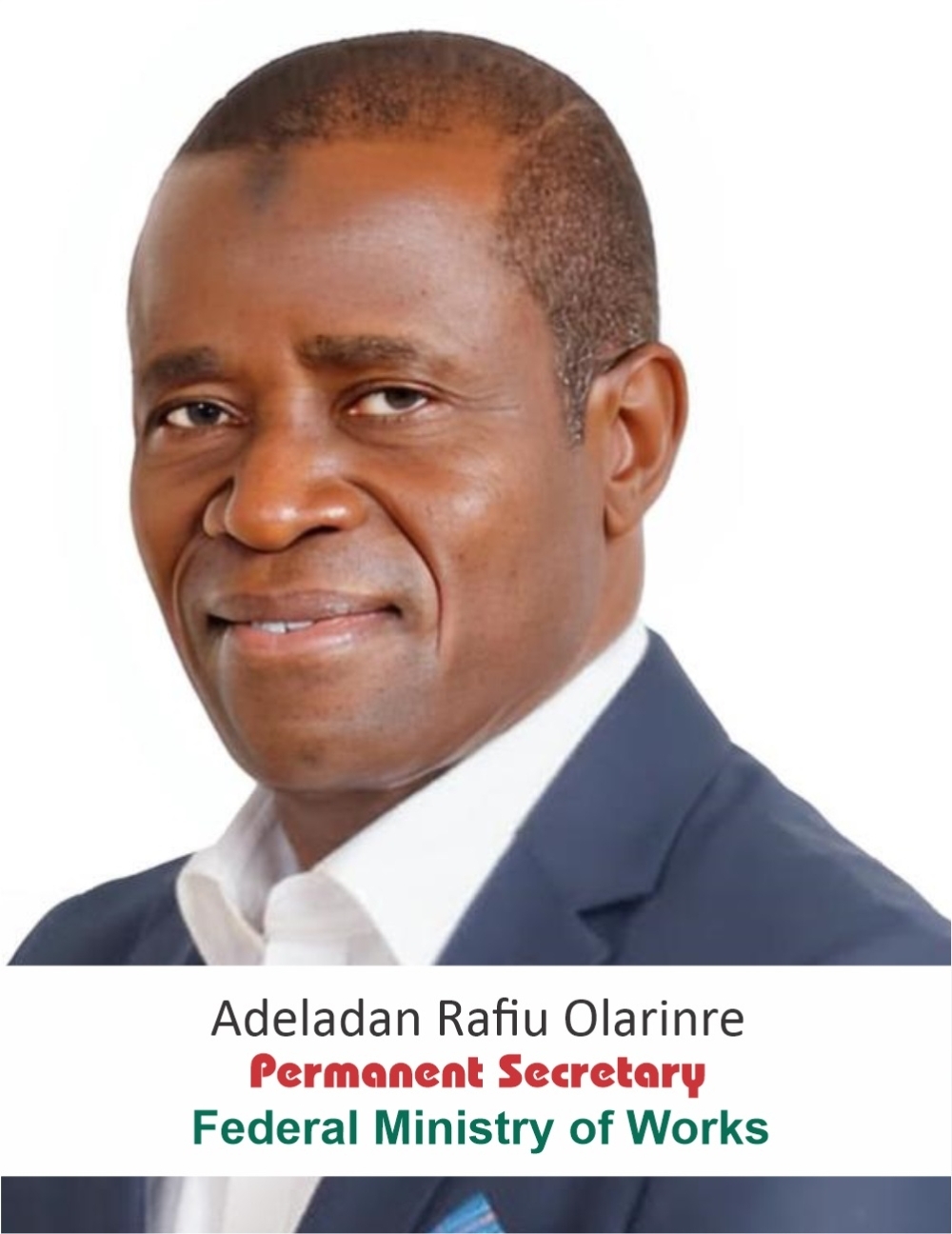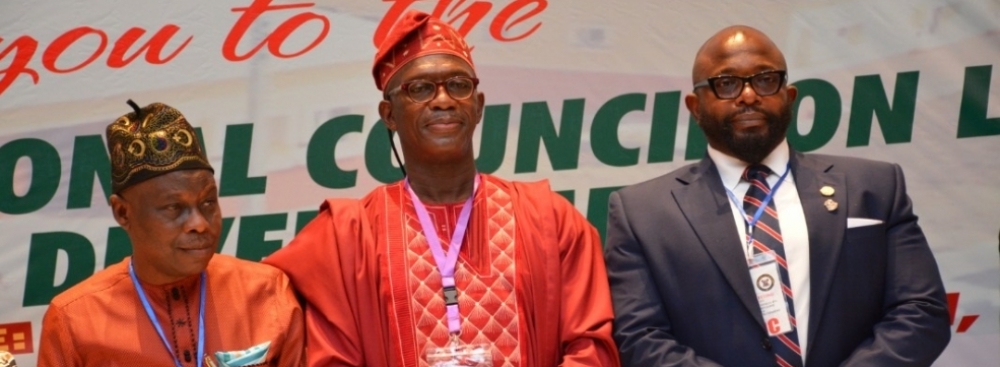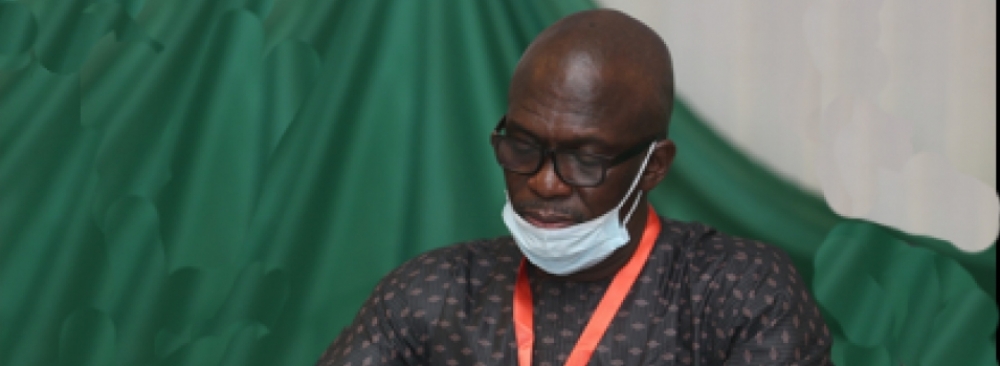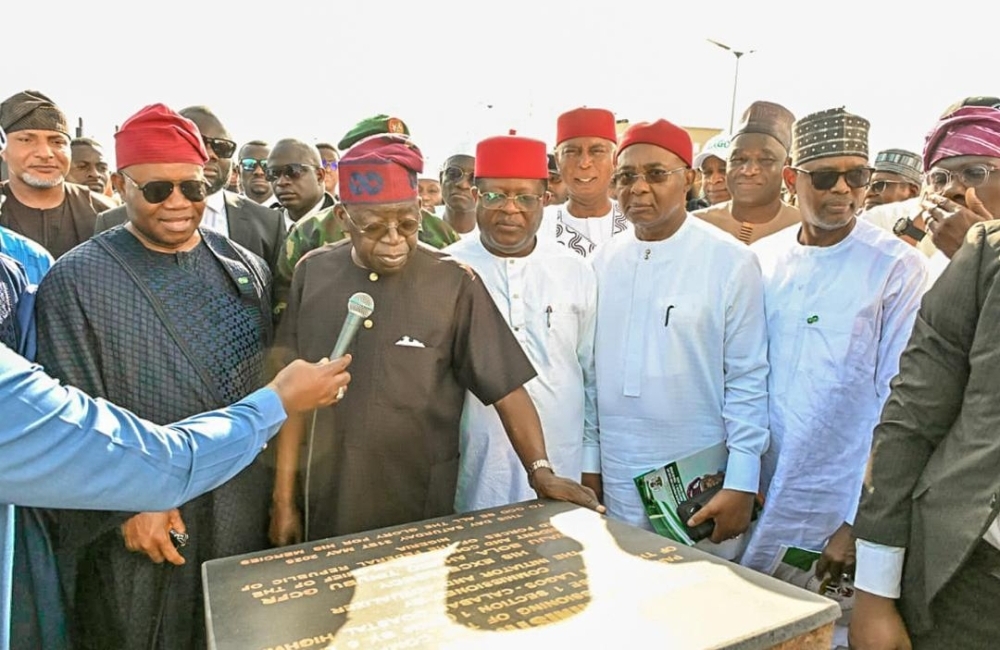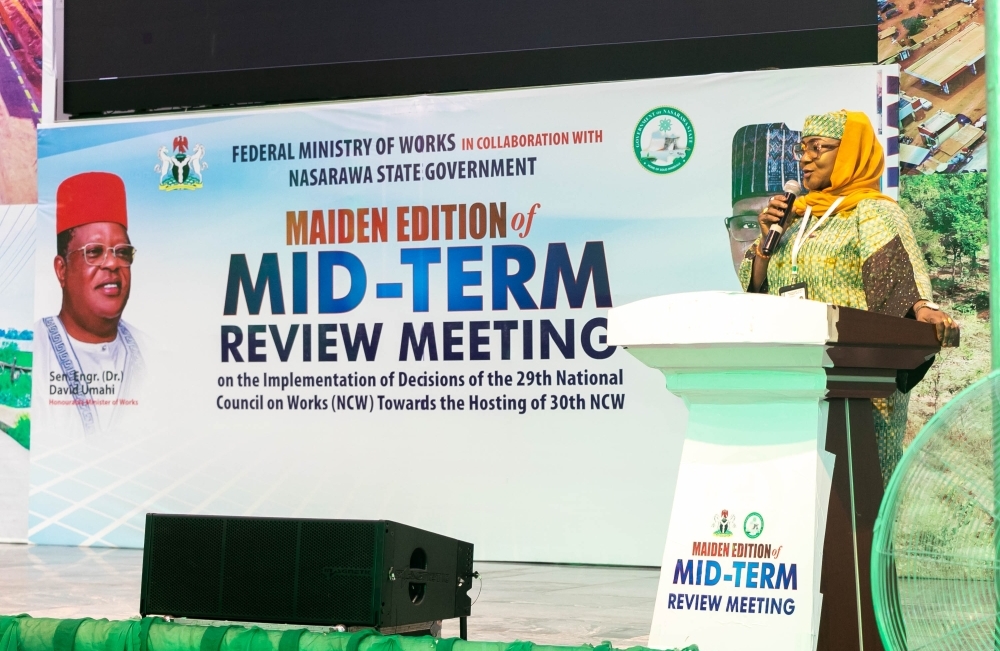
UMAHI, NIGER GOVERNOR STRENGTHEN COLLABORATION TO FAST-TRACK FEDERAL ROAD PROJECTS
The Honourable Minister of Works, H.E. Sen. Engr. David Umahi, CON, FNSE, FNATE, has reiterated the Federal Government’s determination to accelerate the delivery of ongoing Federal road and bridge projects in Niger State, following a high-level meeting with the Governor of Niger State, His Excellency, Farmer Umaru Mohammed Bago.
Speaking during the meeting held at the Ministry’s headquarters, Mabushi-Abuja today, 28 January, 2026, the Minister commended Governor Bago for his untiring efforts toward infrastructure development and urban renewal across Niger State. He noted, with appreciation, that many of the state government's interventions are on Federal road corridors that directly benefit the citizens.
Engr. Umahi acknowledged the numerous challenges associated with Federal roads in the State, stressing that road infrastructure development is a shared responsibility, irrespective of jurisdiction. He praised the significant interventions in areas such as Bida, Minna, and Suleja, describing them as impactful urban renewal efforts that have enhanced mobility and boosted economic activities.
The Minister assured the Governor of the Federal Government’s strong support, particularly on key projects including the Minna–Suleja Road (71km), which has received approval from the Bureau of Public Procurement (BPP) and is awaiting consideration by the Federal Executive Council (FEC).
He disclosed that President Bola Ahmed Tinubu, GCFR, has personally directed that the project be prioritised and assured that any advance intervention funds expended by the Niger State Government would be refunded.
On the Jebba and Lambata Bridges, the Minister informed his August visitor that integrity tests and work on the expansion joints are ongoing.
Engr. Umahi stressed the urgent need to curb indiscriminate parking, trading activities, and traffic congestion on bridges, which accelerate their structural deterioration. “Bridges are not designed to carry static loads but built for the dynamic flow of traffic,” he advised. He announced plans to engage key stakeholders, including transport unions and tanker drivers, to safeguard national assets and extend the lifespan of bridges.
The Minister further disclosed that all ongoing NNPC-funded road projects, nationwide, have now been approved for takeover by the Ministry, in line with Mr. President’s directive. Funding templates are currently being finalised to ensure the seamless continuation of works on such projects. He also directed officials of the Ministry to provide comprehensive status reports on all Federal road projects in the state to enable prompt interventions, where required.
Earlier, Governor Bago expressed appreciation to the Minister and his team for their responsiveness and collaborative approach. He highlighted the strategic importance of Niger State as Nigeria’s central corridor linking the North and South, with over 100,000 trucks traversing major routes in the State on a daily basis.
The Governor raised concerns about severe traffic congestion, infrastructure degradation, and security challenges along critical corridors, such as Jebba–Lambata–Minna–Suleja. He called for urgent attention to the structural integrity of the Jebba Bridge and other heavily trafficked bridges, emphasising the need for structural testing, traffic control measures, and accelerated rehabilitation works to avert potential disasters.
Governor Bago also commended the Federal Government for the ongoing concrete pavement works on the Abuja–Kaduna Expressway and urged that similar durable solutions be applied to other major highways in the country.
Both leaders reaffirmed their commitment to sustained collaboration to fast-track federal road projects, enhance road safety, stimulate economic activities, and improve the quality of life for the people of Niger State and Nigerians at large.
Close












